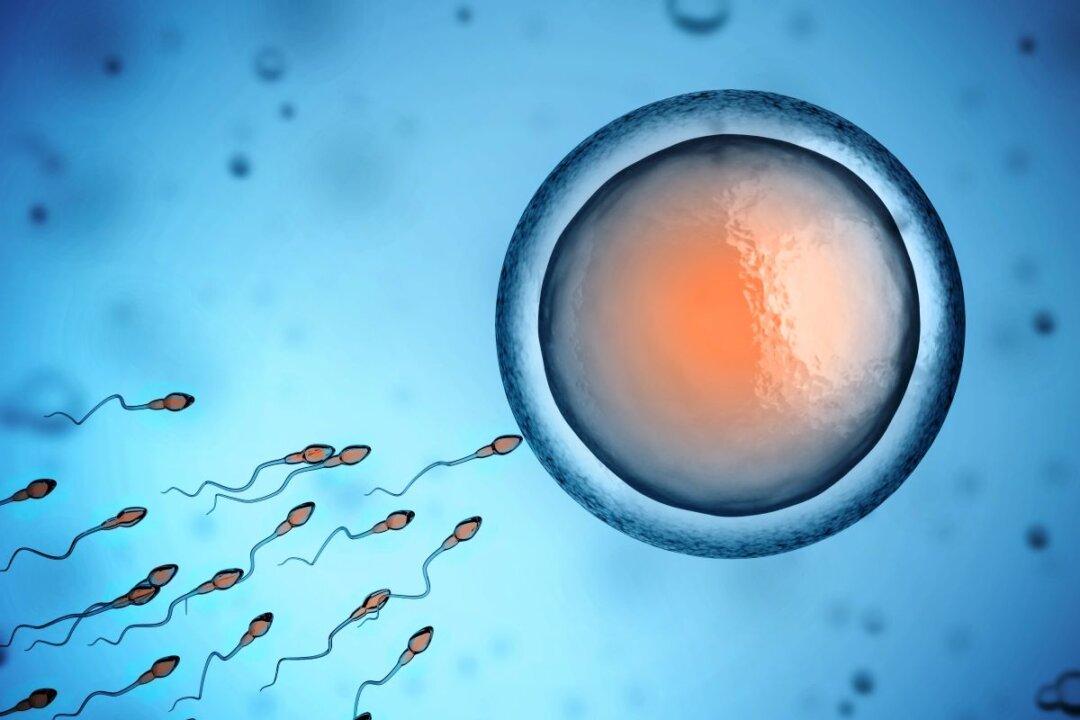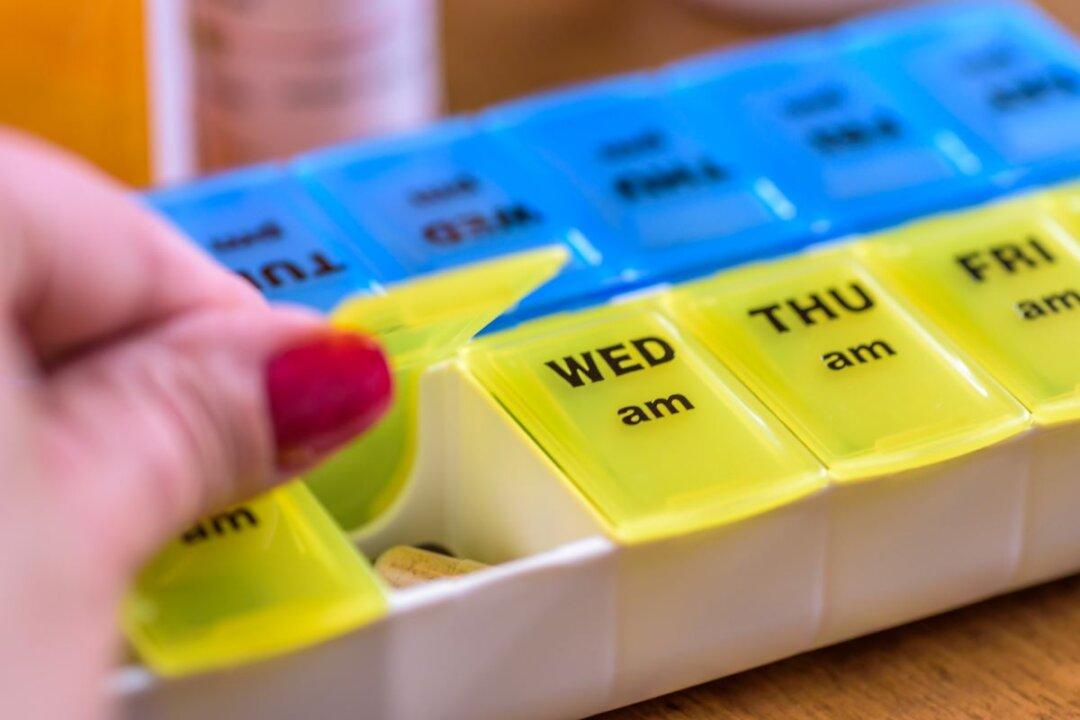As Australians around the country remember the 80th anniversary of the bombing of Darwin in the Northern Territory, it has been announced that the commemorative service will be live-streamed across the nation on Feb. 19.
Australians can tune in on Saturday to observe the day in 1942 when World War II came to Australia’s shores, joining the Darwin community to pay their respects to the men and women who fought to protect the nation during the Darwin air raids by the Japanese.





